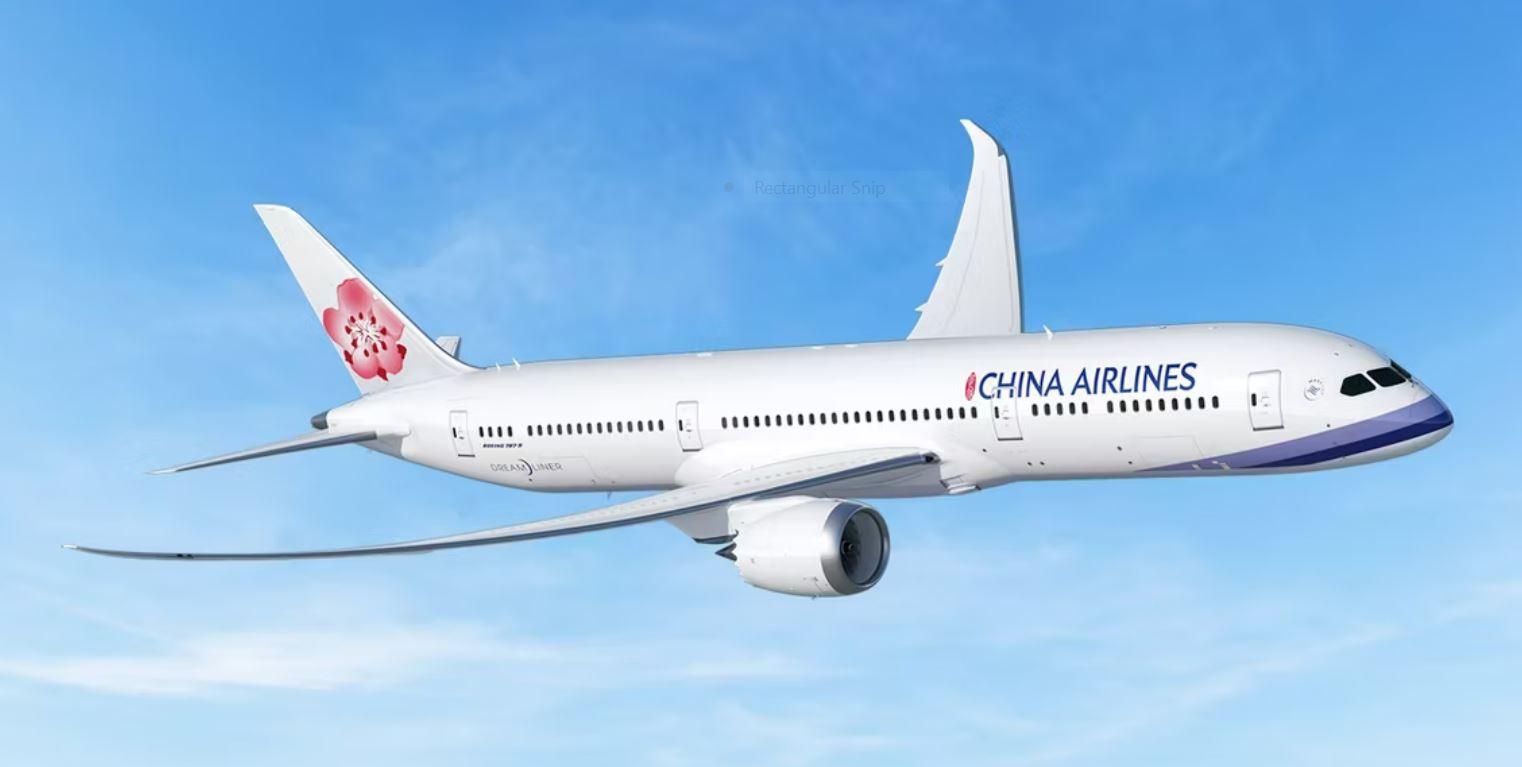
ISTANBUL–Taiwan’s China Airlines (CAL) is in close talks with manufacturers on the supply chain disruptions that are affecting the aviation industry and is monitoring the delivery timeline of its Boeing 787-9 order.
CAL placed an order for 24 787-9s, with the first aircraft planned for a 2025 delivery, although Boeing has not provided a firm answer about whether delays will affect the airline’s aircraft, CAL president Kao Shing-Hwang told ATW during the IATA AGM in Istanbul.
CAL has faced its fair share of aircraft delays, with two Airbus A321neos pushed back by three to six months from 2023 to 2024. CAPA data shows there the carrier has 10 A321neos in service with 15 more on order.
Kao said none of its Pratt & Whitney PW1000G-powered aircraft are affected by the recent spate of groundings around the world, likely due to “environmental factors,” although CAL is sharing information with airlines and manufacturers.
CAL’s 2023 summer schedule for long-haul routes to Europe and North America has mostly returned to pre-COVID levels, while the overall network is back to about 70%-80% of pre-pandemic levels. The airline will be introducing a new nonstop Prague service on July 18 on the A350-900.
On cross-straits ties and services, CAL’s schedule to mainland China has increased from four destinations to 10, bringing the total number of weekly cross-strait flights to 57. On geopolitical relations between Beijing and Taipei, Kao said there is no way the airlines can control the situation and can only prepare to capture the “best chance at the best time.”
Chinese arrivals account for around 20% of CAL’s revenue, and is only at 25% of 2019 levels.
“Taiwanese carriers are pushing to expand their international networks with a particular focus on the transfer market for Southeast Asia-Taipei-North American routes. As freedoms of the air and time slot resources are finite, newcomers can only use brand differentiation as their competition strategy to try and carve out a market niche,” Kao said when asked about competition from newcomers like Starlux.
He said one way that CAL can stand out is with its environmental, social, and corporate governance (ESG) policies, which have reaped positive results from customers. CAL has also hosted its own sustainable aviation fuel seminar to educate the public, government and academic on SAF, although he is personally pessimistic that Taiwan will be producing its own SAF in the near term.
